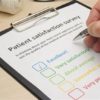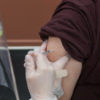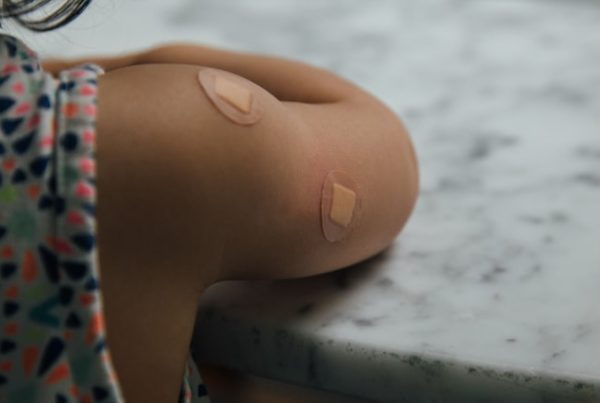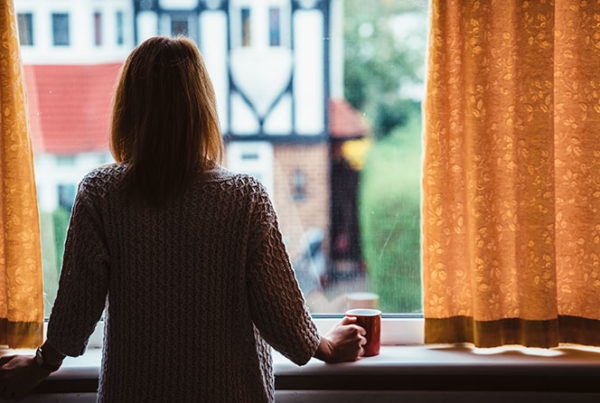
The Therapeutic Goods Administration – TGA has approved the Pfizer/BioNTech COVID-19 vaccine for use in Australia. The first priority groups in Australia will start receiving a vaccine in February.
This means Pfizer’s vaccine has met the TGA’s tough standards for safety and quality. It will be provided for free to all Australians.
O’Connell St Clinic will be encouraging people to receive the vaccine when it becomes available to them. We will be adhering to the National Rollout Strategy as advised by the Australian Government.
How vaccines are tested
Before the TGA approves a vaccine for use, it is testing thoroughly during the development stage, and then on thousands of volunteers. The testing of vaccines in humans is generally done in stages:
- Phase 1 – usually includes a few dozen healthy adult volunteers. The focus is on establishing that the vaccine is safe and that it provides protection against the disease.
- Phase 2 – has hundreds of volunteers. This phase aims to test whether the vaccine provides protection against the disease. It also checks for minor side effects, such as a mild headache.
- Phase 3 – includes thousands of participants. They aim to test whether a vaccine is effective in preventing people from getting the disease, for safety and side effects.
Getting vaccinated for COVID-19
Australian’s have a great track record of receiving vaccinations. The vaccine against COVID-19 (Coronavirus) will be voluntary. It will be free for everyone who wishes to receive it. It is the aim of the Australian Government for as many people as possible to receive a safe and effective vaccine.
While the Australian Government has committed to providing a vaccine to any Australian who wishes to receive it, doses will be limited to begin with. Highest priority groups will be given first access to vaccines. This includes:
- Quarantine and border workers
- Frontline health care workers
- Aged care and disability care staff
- Aged care and disability care residents
- Elderly adults aged 80 years and over
- Elderly adults aged 70-79 years
- Other health care workers
- Aboriginal and Torres Strait Islander people over 55 years
- Younger adults with an underlying medical condition, including those with a disability
- Critical and high risk workers including defence, police, fire, emergency services and meat processing
Priority groups are identified by reviewing the current evidence on who would be most affected if they contracted COVID-19. It is important to note that these groups may change in the future. The full COVID-19 vaccine national rollout phases can be viewed here.
Why should I get vaccinated?
There are a number of reasons why getting vaccinated against COVID-19 is important. The COVID-19 Coronavirus can cause serious on-going health conditions in some people, and can result in death. Vaccination is an good way to protect yourself and your family.
It will also help to protect the wider community, especially those people who aren’t able to be vaccinated. It is harder for the virus to spread through the community when more people are vaccinated. This protects the more vulnerable people in our community who are more at risk of serious complications.
Outbreaks are much less likely to happen if enough people are vaccinated, as the virus can no longer easily spread. This would mean other preventative measures, such as travel restrictions, could decrease.
While information is constantly becoming available, it is important to keep yourself informed of the process. If you have any questions about the vaccine or the process, feel free to have a chat to our friendly staff.
Resources: https://www.health.gov.au/initiatives-and-programs/covid-19-vaccines







